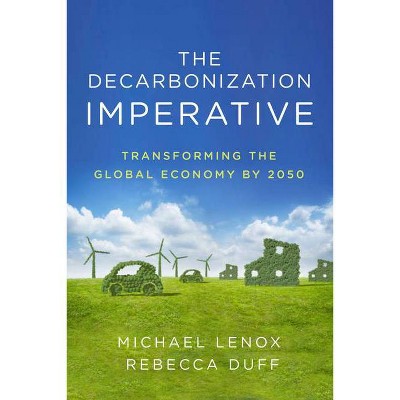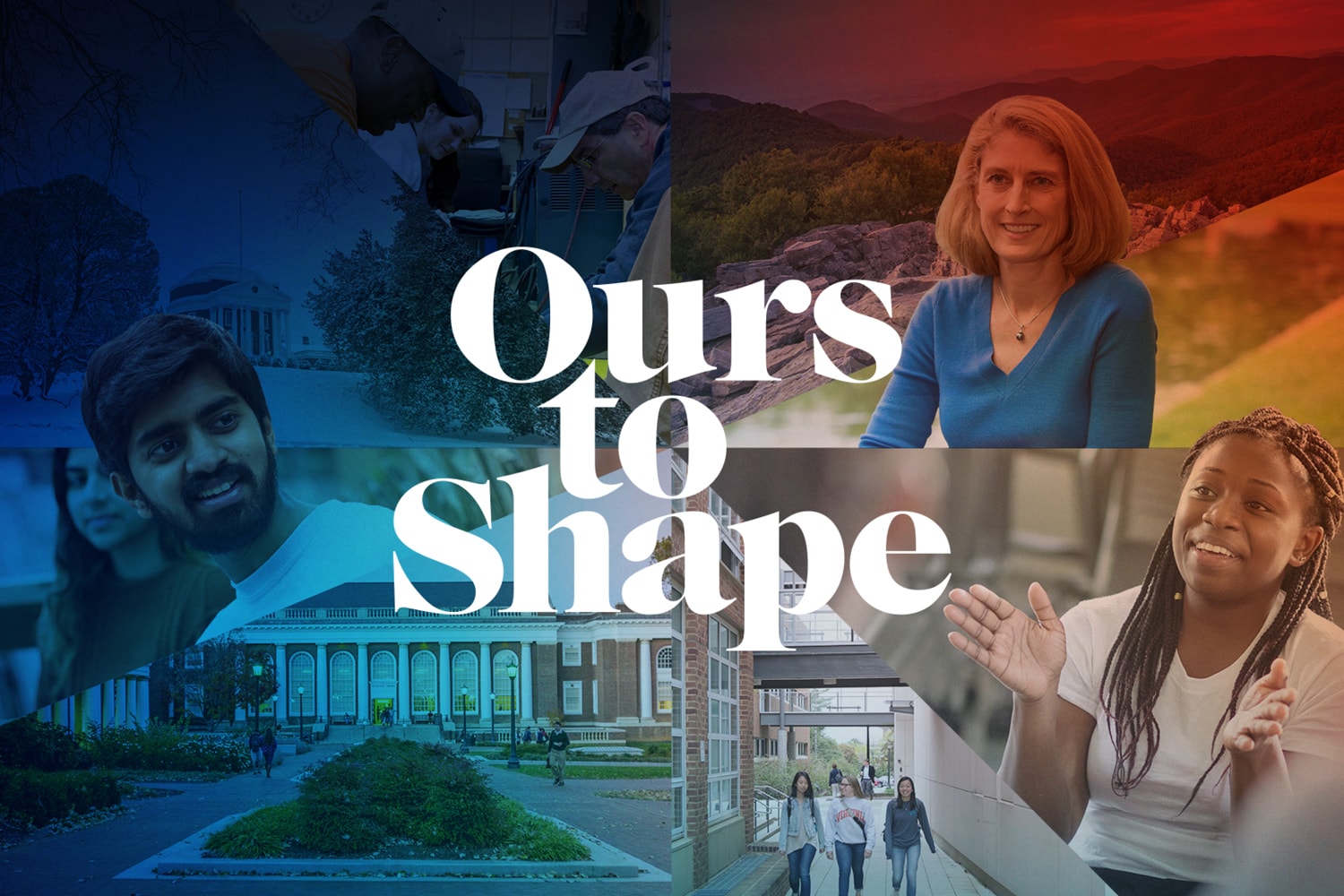Mike Lenox | Source | Professor of Business Administration at University of Virginia Darden School...

Mike Lenox
Professor Lenox, the Tayloe Murphy Professorship in Business Administration, teaches the core MBA strategy course as well as an MBA elective on Strategy in the Digital Age. Since 2016, he has served as the Senior Associate Dean and Chief Strategy Officer for the school. From 2008 to 2016, he served as Associate Dean of Innovation Programs and Academic Director of Darden's Batten Institute for Entrepreneurship and Innovation. He helped found and served as the inaugural president of the multiple-university Alliance for Research on Corporate Sustainability. Prior to joining Darden in 2008, Professor Lenox was a professor at Duke University's Fuqua School of Business, where he served as the area coordinator for Fuqua's Strategy Area and the faculty director and founder of Duke's Corporate Sustainability Initiative.
-

University of Virginia Darden School of Business
Professor of Business Administration
-
The Decarbonization Imperative: Transforming the Global Economy by 2050
Time is of the essence. Climate change looms as a malignant force that will reshape our economy and society for generations to come. If we are going to avoid the worst effects of climate change, we are going to need to effectively "decarbonize" the global economy by 2050. This doesn't mean a modest, or even a drastic, improvement in fuel efficiency standards for automobiles. It means 100 percent of the cars on the road being battery-powered or powered by some other non-carbon-emitting powertrain. It means 100 percent of our global electricity needs being met by renewables and other non-carbon-emitting sources such as nuclear power. It means electrifying the global industrials sector and replacing carbon-intensive chemical processes with green alternatives, eliminating scope-one emissions--emissions in production--across all industries, particularly steel, cement, petrochemicals, which are the backbone of the global economy. It means sustainable farming while still feeding a growing global population. Responding to the existential threat of climate change, Michael Lenox and Rebecca Duff propose a radical reconfiguration of the industries contributing the most, and most harmfully, to this planetary crisis. Disruptive innovation and a particular calibration of industry dynamics will be key to this change. The authors analyze precisely what this might look like for specific sectors of the world economy--ranging from agriculture to industrials and building, energy, and transportation--and examine the possible challenges and obstacles to introducing a paradigm shift in each one. With regards to existent business practices and products, how much and what kind of transformation can be achieved? The authors assert that markets are critical to achieving the needed change, and that they operate within a larger scale of institutional rules and norms. Lenox and Duff conclude with an analysis of policy interventions and strategies that could move us toward clean tech and decarbonization by 2050.
Article -
Business schools slow to practise what they teach on sustainability
When Darden School of Business set a boldtarget in 2010 to become carbon neutral within a decade, it resolved to take...
Article -
How Robust Feedback from Thousands Will Shape UVA’s New Strategic Plan
Insights from more than 2,500 online submissions and 75 in-person events will shape UVA’s new strategic plan. Learn more about the themes that have emerged so far and shaped President Jim Ryan’s vision for a University that is “both great and good.”
Article
-
The easy way in trying to achieve neutrality is by buying offsets. We decided we wanted to do something a little more action-oriented.
-
The volume of feedback we have received is incredible. We have heard from students, faculty members, employees, alumni, parents and community members. We will take all of that feedback and share it with University leadership to inform their planning process.




